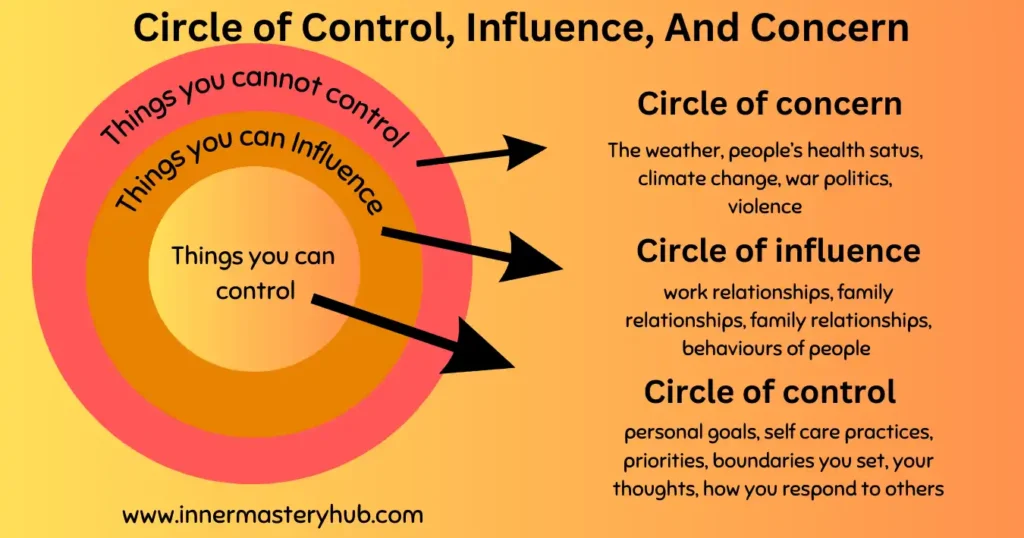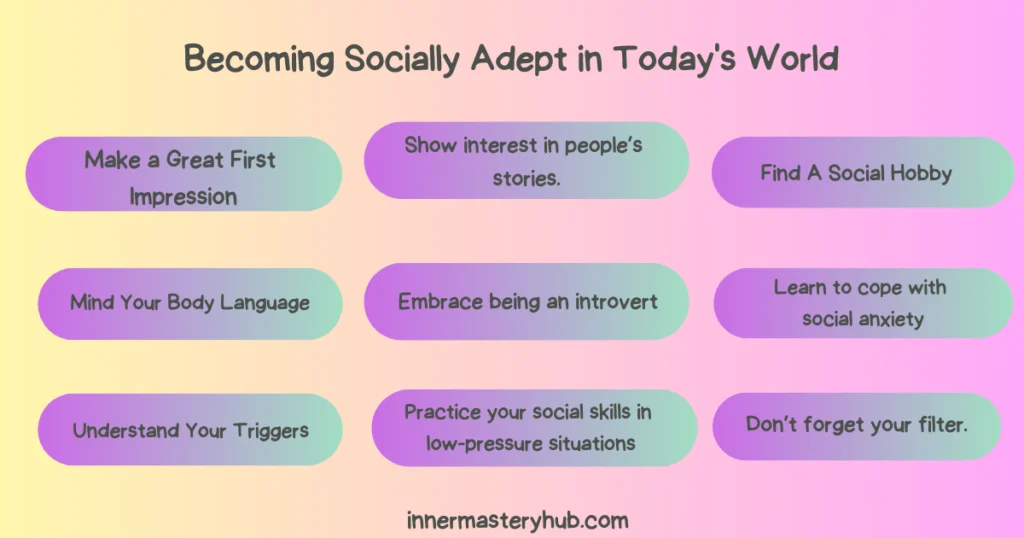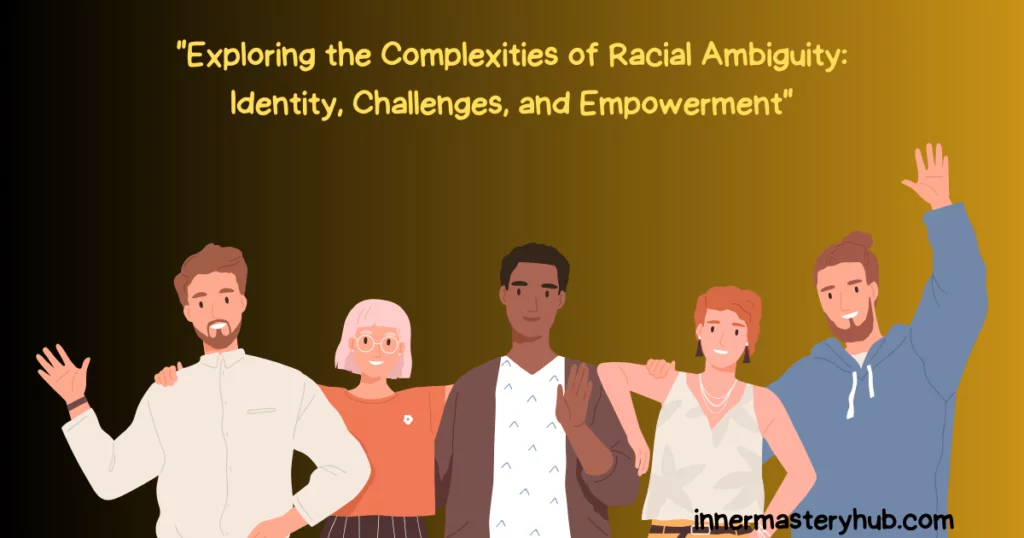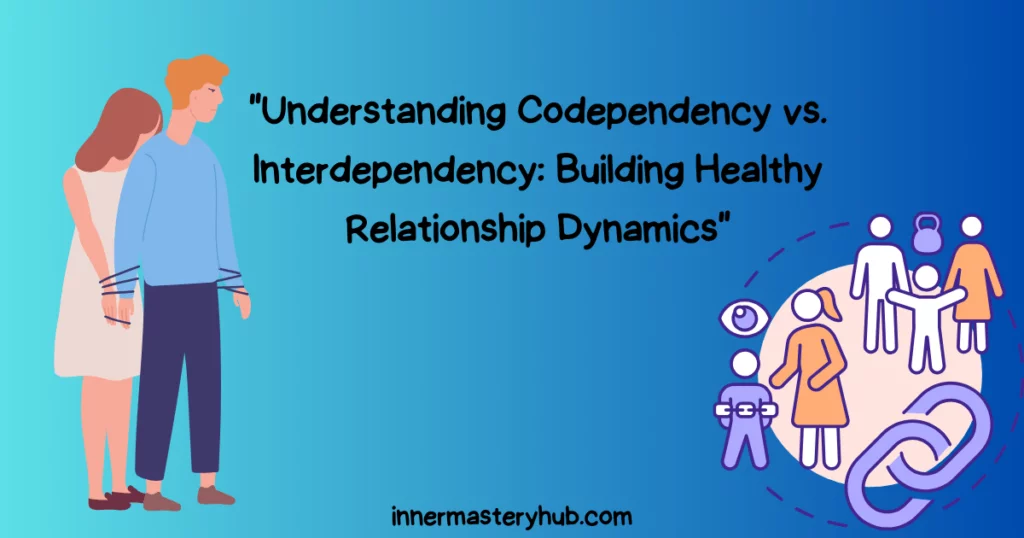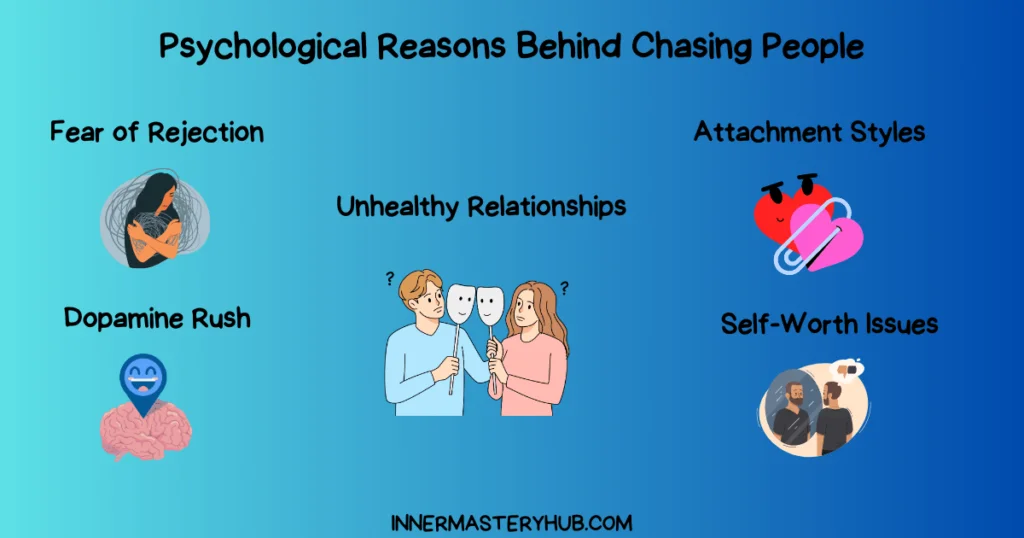
Validation has become the currency of influence in a world where social media is dominant. Understanding social media validation matters whether you want to be taken seriously online, own a business, or are just an aspiring influencer.
We’ll examine techniques that can improve your online presence as we dive into the art and science of validation in this blog post. Together, let’s go out on this adventure and discover the secrets of social media success!
Table of Contents
What is Social Media Validation
Social media validation refers to the process of gaining credibility, trust, and recognition within online platforms. It involves establishing your authority, expertise, or influence in a specific niche or industry through various means. Here are some key aspects of social media validation:
- Social media sites such as Facebook, Instagram, and Twitter allow users to verify the identification of brands, public figures, and celebrities by using verification badges, which often consist of a blue checkmark. These badges show that the account is legitimate and linked to a well-known person or group.
- High levels of interaction (number of likes and comments) on your posts show that your audience finds value in what you’re saying. That’s a sign that what you share has worth for other people, which is affirmation. Regularly share valuable, informative, or entertaining content. High-quality posts contribute to your validation.
- Although having a large number of followers doesn’t ensure quality, it can increase your credibility. But sincere affirmation cannot come from false followers; authenticity is important.
- When other respected individuals or brands endorse or collaborate with you, it validates your credibility. Influencer partnerships, guest posts, or shout-outs can boost your profile.
Recall that establishing genuine connections, adding value, and gaining trust are more important factors in using social media validation than simply looking at numbers. Authenticity and sincere relationships are crucial for influencers, entrepreneurs, and professionals alike.
Who Wants Social Media Validation
You, my friend, want social media validation! Yes, you—the one scrolling through feeds, posting pics and sharing witty memes.
Why? Let’s break it down:
- The Popularity Seeker
- You secretly crave those double taps, don’t you? It’s like a digital high-five. “Look at me, world! I exist!” Your heart skips a beat when the notification bell rings. Ding! Validation achieved.
- The Influencer Wannabe
- Deep down, you dream of being an influencer. Imagine the fame, the brand deals, and the adoring fans. You practice your poses, even in the bathroom mirror. #InstaGoals
- The Business Hustler
- Ah, you’re not here for fun. Nope. You’re hustling. Your bio screams, “CEO of Life.” You strategize, analyze, and optimize. Every follower is a potential customer. Cha-ching!
- The Silent Observer
- You lurk in the shadows, observing silently. You don’t post much, but you see it all. The drama, the trends, the cat videos. You’re like a social media ninja.
Does using social media for validation boost your self-esteem?
When you are feeling down, scrolling through social media can provide a quick boost to your self-worth. You seek validation from social media likes, comments, and shares on your posts.
You might find yourself comparing yourself to others and seeking validation from others, but remember, everyone experiences ups and downs, and what you see online is not always the full picture.
Use social media as a tool for connection and inspiration only and not for external validation. Cultivate self-esteem from within by focusing on your strengths, accomplishments, and relationships offline. You are more than your online presence.
Stop seeking validation from social media users
Using social media validation can have both positive and negative effects. Positively, it can boost self-esteem and provide a sense of belonging and connection with others, which is a basic human demand.
However, it can also compare anxiety, insecurity, and dependency on external approval for self-worth. Over time, getting validation behaviour may impact mental health and distort perceptions of reality.
We can evaluate ourselves against others via social comparison. Observing people with seemingly ideal lives can make one feel inadequate. When we compare our real lives to carefully constructed online personas, the ongoing demand for validation and acceptance can lead to insecurity.
- The need for social validation has been linked to increased anxiety and depression. When we rely on others’ approval for self-validation, it can lead to self-doubt and negative emotions.
- People who get dependent on social media validation start engaging in excessive reassurance-seeking behaviours rather than seeking internal validation.
- Some people become dopamine addictive, a chemical of pleasure—a means of improving their self-confidence, when they get likes and comments.
- Seeking affirmation turns into a coping strategy for poor mental health, including loneliness, body image issues, fear of missing out, and family disputes.


